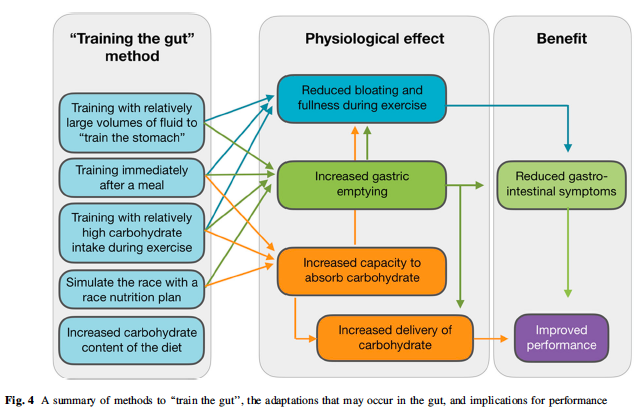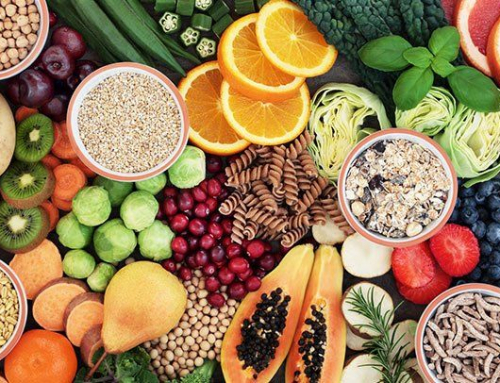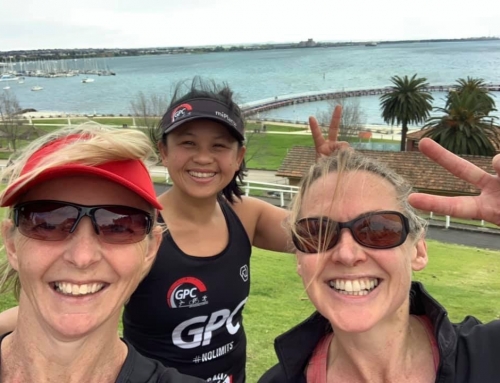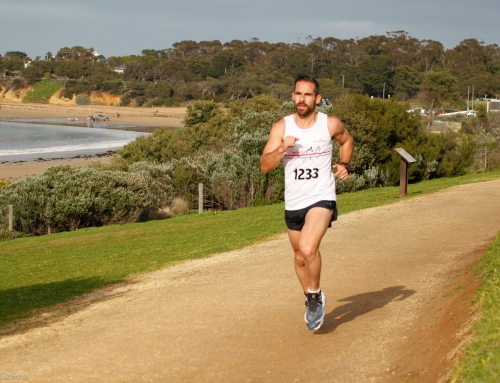Below is a summary from a great review article by renowned sport nutrition scientist Asker Jeukendrup. The article looks into the high incidence of gastro-intestinal (GI) issues present in endurance events. The main take home point is to ensure you practice your race nutrition plan in order to “train your gut”. GPC’s coaches can assist with this plan. Fill out the online survey which will be emailed to your coach. Your plan will be created & personalised to your needs.
- Supply of carbohydrate and fluid is critical to performance in endurance events
- Gastric emptying is the ability of the stomach to release the build up of fluid taken in during exercise. Ineffective emptying results in feeling bloated
- Gastric emptying & stomach comfort can be “trained” therefore reducing the chance of GI issues occurring in an event
- A high fibre, fat and concentrated carbohydrate (CHO) solution intake during exercise increases the chance of GI issues
- A combination of heat, high CHO intake & high intensity exercise all inhibit gastric emptying
- It is important to practice a race nutritional strategy in training yo get used to higher volumes of fluid & CHO intake
- This is especially important for athletes who might be following a low-CHO, high-fat (ketogenic diet) or reducing energy intake for weight loss as these practices will likely impact the absorption of CHO
- Current intake recommendations:
- 60g CHO for exercise lasting 2 hours
- Exercise over 2 hours it is recommended to increase this to 90g/hour
- Mix types of CHO eg. glucose, fructose, maltodextrin where appropriate
- Current fluid intake guidelines recommend taking in 2% of body weight in fluids. With high sweat rates and/or hot conditions this can equate to a large amount of fluid
- Diet can have an impact on the capacity of the intestines to absorb nutrients
 Source- Training the Gut for Athletes by Asker E Jeukendrup DOI 10.1007/s40279-017-0690-6
Source- Training the Gut for Athletes by Asker E Jeukendrup DOI 10.1007/s40279-017-0690-6
For more information on Asker Jeukendrup visit the My Sport Science web site.









